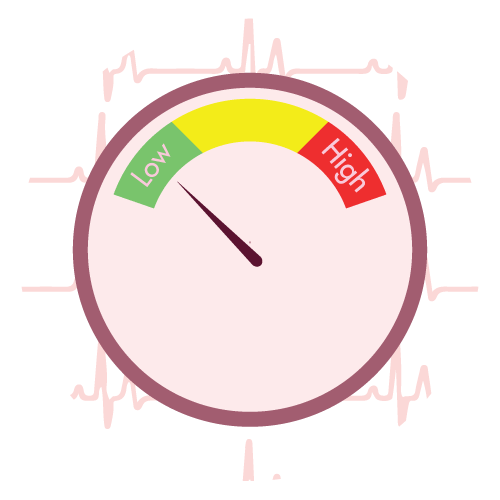| Name | Bumetanide |
| Classes |
Cardiovascular Agent Diuretic Loop Diuretic |
| Diseases |
Cardiovascular Disease Congestive Heart Failure (CHF) Edema |
Bumetanide
Bumetanide is in a class of medications called diuretics. It works by causing the kidneys to get rid of unneeded water and salt from the body into the urine.
Bumetanide is indicated for-
- Edema associated with congestive heart failure, hepatic and renal disease, including the nephrotic syndrome.
- The usual total daily dosage of Bumetanide is 0.5 mg to 2 mg and in most patients is given as a single dose.
- If the diuretic response to an initial dose of Bumetanide is not adequate a second or third dose may be given at 4- to 5-hour intervals up to a maximum daily dose of 10 mg.
- An intermittent dose schedule, whereby Bumetanide is given on alternate days or for 3 to 4 days with rest periods of 1 to 2 days in between, is recommended as the safest and most effective method for the continued control of edema.
- In patients with hepatic failure, the dosage should be kept to a minimum and, if necessary, dosage increased very carefully.
- Bumetanide injection may be administered parenterally (IV or IM) to patients in whom gastrointestinal absorption may be impaired or in whom oral administration is not practical
Side effect with greatest incidence rate with the use of bumetanide include-
- muscle cramps
- dizziness
- hypotension
- headache
- nausea
- encephalopathy
- pruritus
- arrythmia
- Bumetanide is a potent diuretic which, if given in excessive amounts, can lead to a profound diuresis with water and electrolyte depletion. Therefore, careful medical supervision is required, and dose and dosage schedule have to be adjusted to the individual patient's needs
- Serum potassium should be measured periodically and potassium supplements or potassium sparing diuretics added if necessary.
- Hyperuricemia may occur; it has been asymptomatic in cases reported to date. Reversible elevations of the BUN and creatinine may also occur, especially in association with dehydration and particularly in patients with renal insufficiency.
- Diuretics have been shown to increase the urinary excretion of magnesium; this may result in hypomagnesemia
Contraindication
Bumetanide is contraindicated in patients hypersensitive to bumetanide.
Bumetanide is contraindicated in the following health conditions-
- anuria
- hepatic encephalopathy
- severe electrolyte depletion
 Bangla
Bangla English
English




